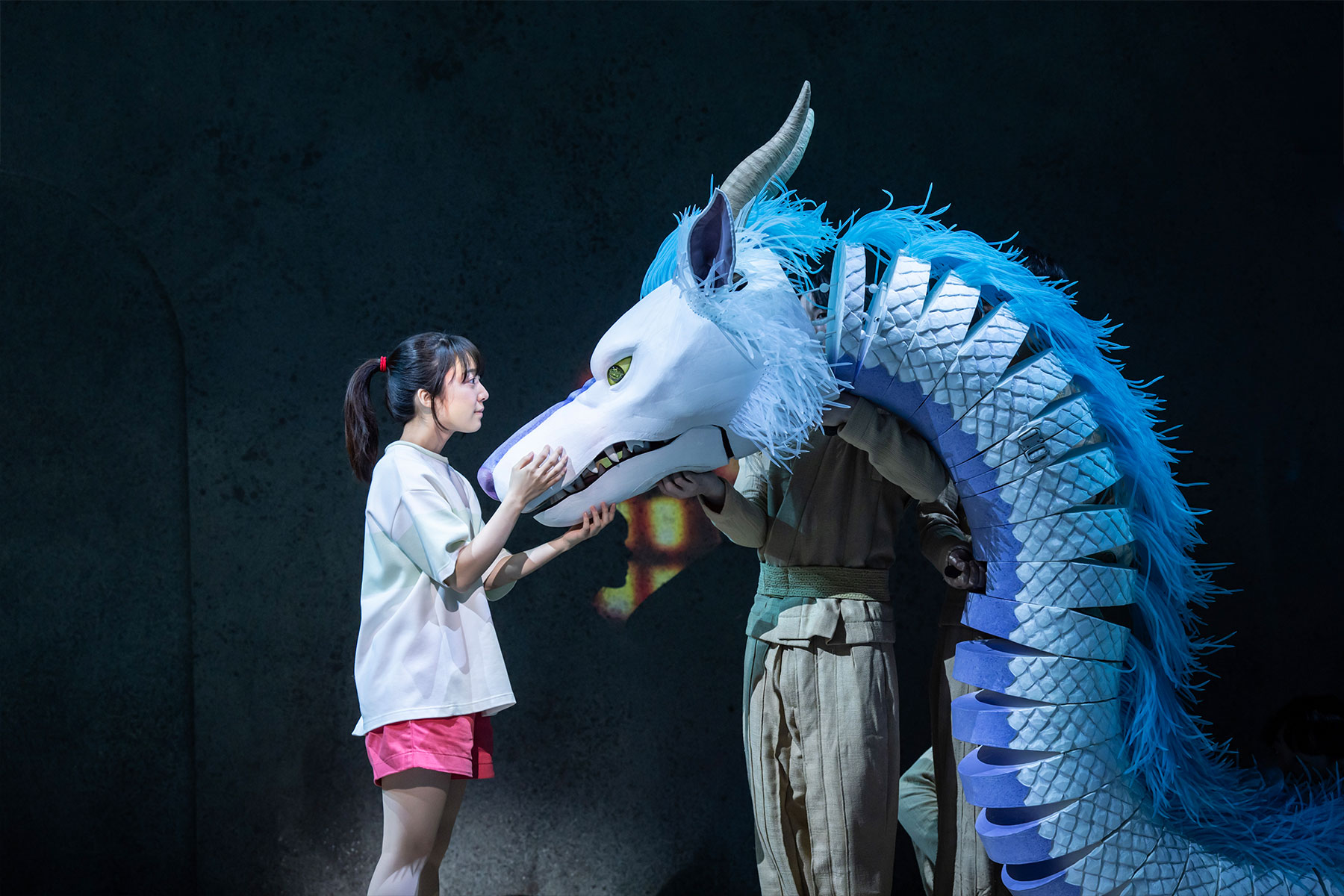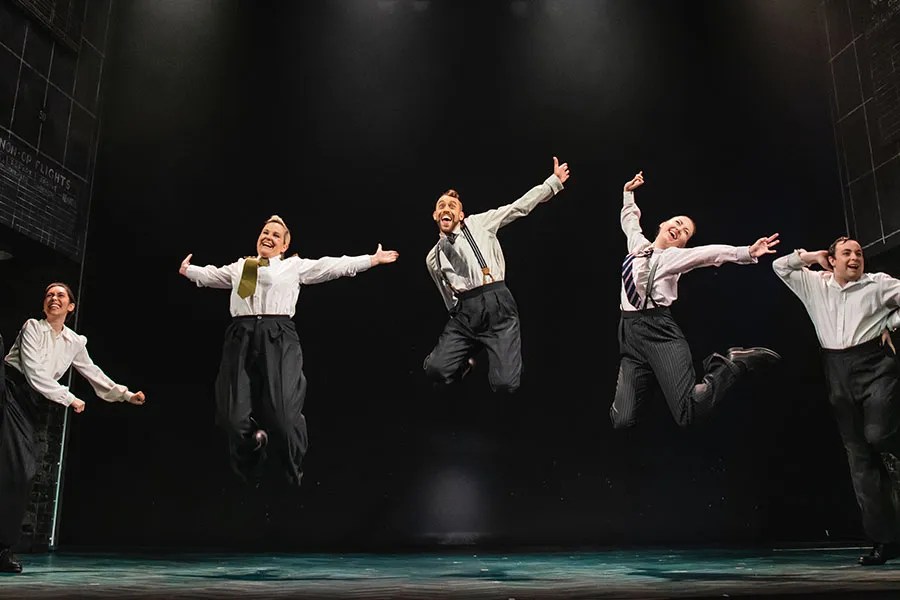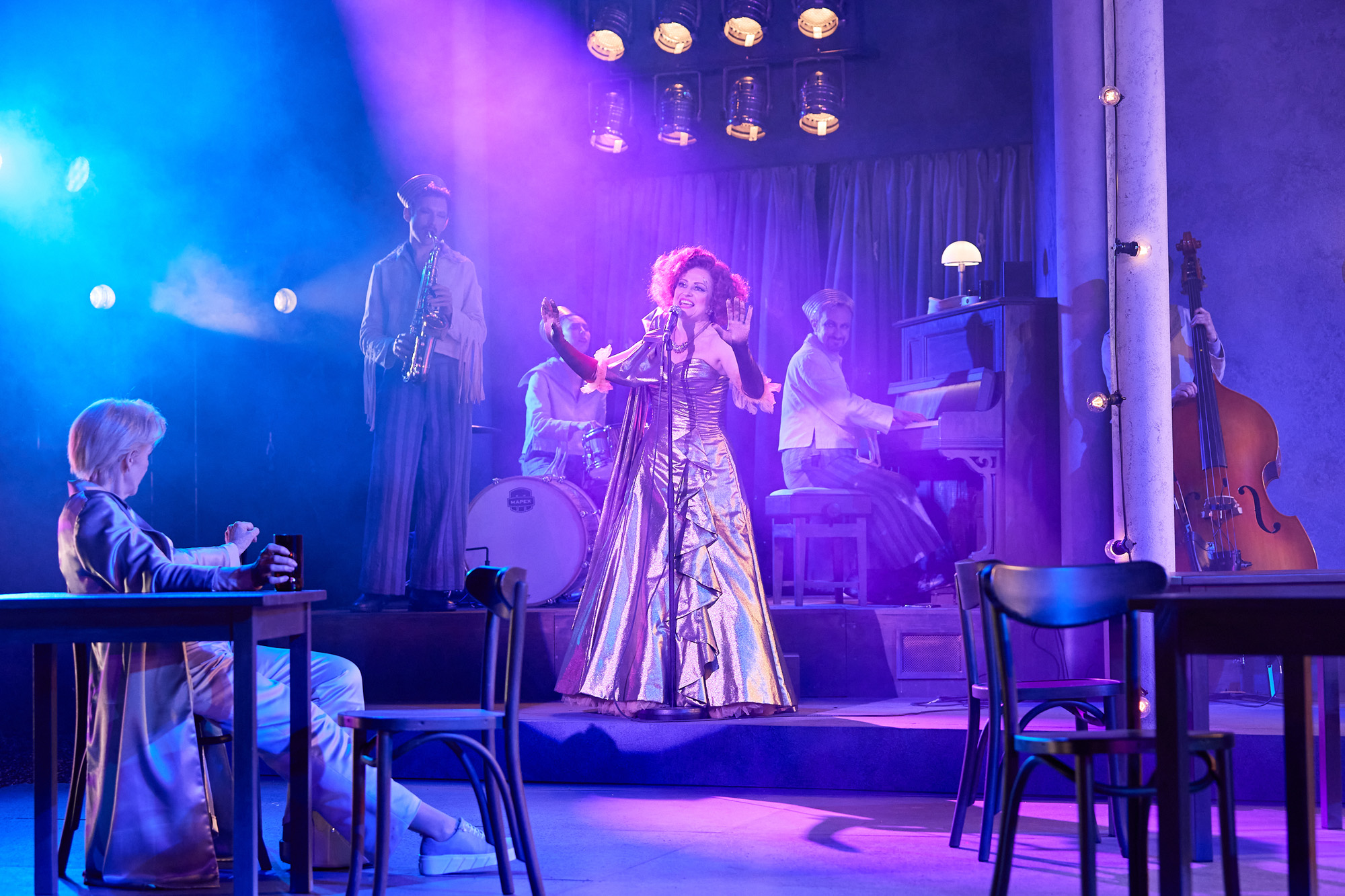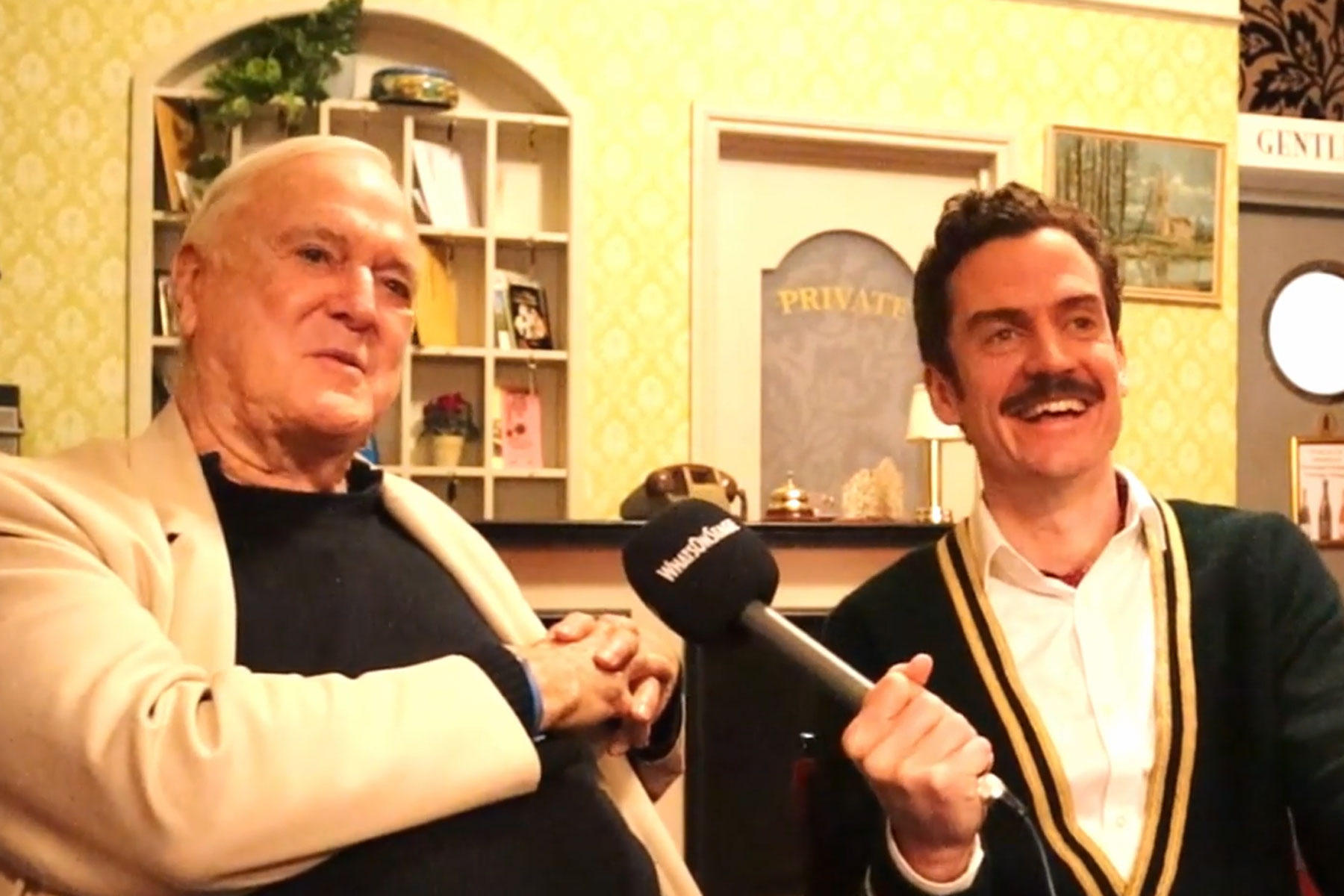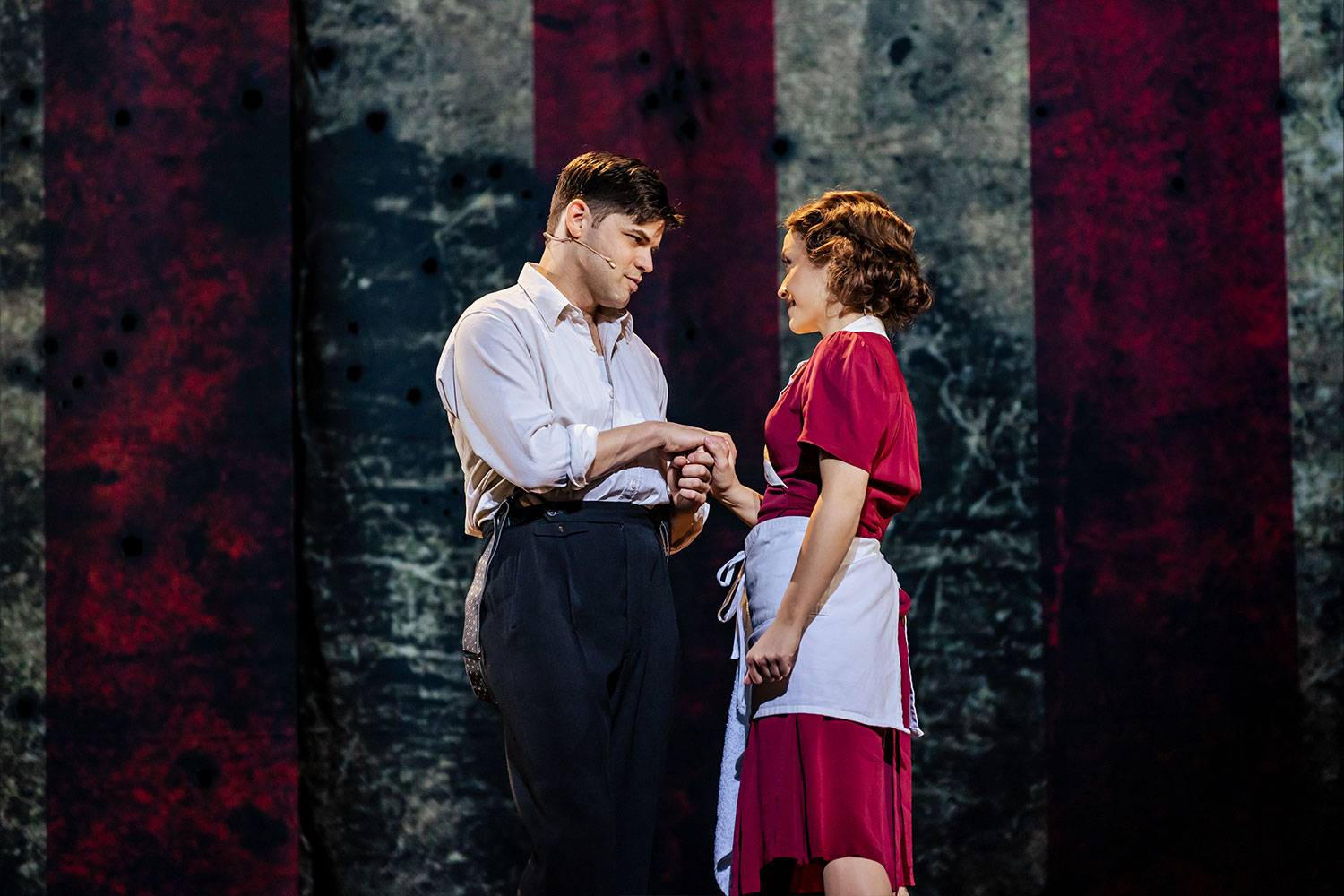One Helluva Life (tour)
As Tom Conti‘s drunk, ambling and languid John ‘Jack’ Barrymore staggers on stage in One Helluva Life, it seems unlikely we’ll see much of the mercurial dynamism that, in the 1920s, made this fatally flawed character – with his handsome profile and vividly charismatic performances – one of the most popular actors in America.
William Luce‘s sensitive portrait finds Barrymore at the point of his attempted comeback in 1942, only a few months before his death. Now middle-aged and cynical, his swagger has turned to self-pity, his nostalgic reminiscences clouded by booze and delirium tremens.
Yet through Conti’s stunning two-hour master-class in acting, Barrymore’s essence is indeed captured, never more so than in his snatches of those Shakespearean roles that marked the man out as a driving force of jazz-age Broadway. A true original, capable of electrifying audiences, Barrymore was, according to many observers, the first actor to bring the vocal and physical manner of a post-war gentleman to Shakespeare’s tragic protagonists.
In Bryan Forbes‘ understated and downbeat production, Conti veers from rudely drunken doggerel through to thrilling snippets from Hamlet (the soliloquy and ‘what a piece of work is man’), Henry V’s Agincourt speech and Richard III, which Barrymore’s now lamely trying to revive with the help of his offstage and unseen stage manager (Rupert Farley), coaxing him on in rehearsal and feeding his nostalgia.
Aside of Barrymore’s onstage personae, Luce’s script also reveals much off the offstage man. And a fascinating man indeed. Jack Barrymore was the ‘Clown Prince’ of Broadway’s Royal Family, the black sheep of a theatrical dynasty. Conti’s anecdotes about Barrymore’s contemporaries in the movies and on Broadway are never less than amusing, and often laugh-out-loud funny, while there’s masked poignancy in the actor’s friendship with Ned Sheldon (the “wonder boy of Broadway” who suffered from a rare form of arthritis that left him paralysed and blind) and the failure of his four marriages, each of which lasted seven years ‘like a skin rash’.
Luce is a past expert at theatrical biographies, having worked the same magic for Lillian Hellman and Caruso, among others. This account of the life of a performer whose erratic lifestyle transformed him from a heroic Prince Hal to a sad disillusioned Falstaff is a must for anyone who enjoys the essence of acting and the actor.
– Stephen Gilchrist



